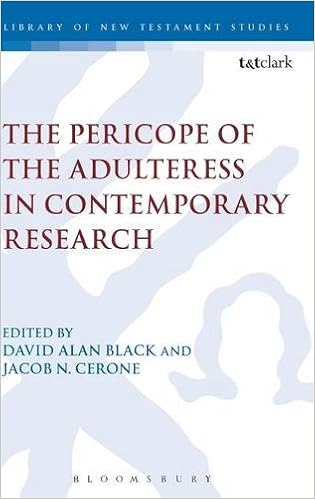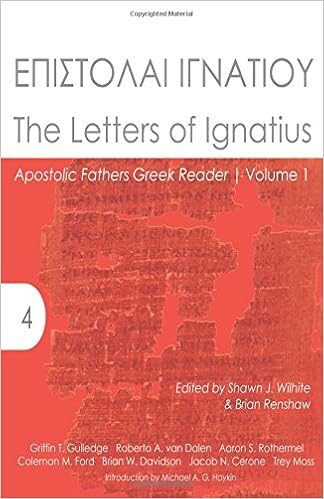Here is another snippet from my paper on the information structure of Septuagint Jonah. This part belongs in my discussion of the book’s macrostructure. Enjoy! [As a side note: I apologize in advance for the formatting of the Greek text. If you thought formatting in Word was difficult, it is virtually impossible in WordPress]
The book of Jonah is built around two parallel halves. Each half is introduced with nearly identical background material: the word of the Lord, Jonah’s commissioning, and Jonah’s response. These similarities are illustrated below for comparison:
- 1:1 Καὶ ἐγένετο λόγος κυρίου πρὸς Ιωναν τὸν τοῦ Αμαθι λέγων
- 1:1 And was a-word of-the-Lord to Jonah the son of-Amathi saying,
- 3:1 Καὶ ἐγένετο λόγος κυρίου πρὸς Ιωναν ἐκ δευτέρου λέγων
- 3:1 And was a-word of-the-Lord to Jonah for a-second-time saying,
- 1:2a Ανάστηθι καὶ πορεύθητι εἰς Νινευη τὴν πόλιν τὴν μεγάλην καὶ κήρυξον ἐν αὐτῇ,
- 1:2a Arise and go into Nineveh the city the great and preach in it,
- 1:2b ὅτι ἀνέβη ἡ κραυγὴ τῆς κακίας αὐτῆς πρός με.
- 1:2b because arose the cry of-the evil of-it to me
- 3:2a Ανάστηθι καὶ πορεύθητι εἰς Νινευη τὴν πόλιν τὴν μεγάλην καὶ κήρυξον ἐν αὐτῇ,
- 3:2a Arise and go into Nineveh the city the great and preach in it,
- 3:2b κατὰ τὸ κήρυγμα τὸ ἔμπροσθεν, ὃ ἐγὼ ἐλάλησα πρὸς σέ.
- 3:2b according to the proclamation the former, which I spoke to you.
- 1:3 καὶ ἀνέστη Ιωνας τοῦ φυγεῖν εἰς Θαρσις ἐκ προσώπου κυρίου . . .
- 1:3 And arose Jonah in-order-to-flee to Tharsis from face of-the-Lord
- 3:3 καὶ ἀνέστη Ιωνας καὶ ἐπορεύθη εἰς Νινευη, καθὼς ἐλάλησεν κύριος
- 3:3 And arose Jonah and he went to Nineveh, just as the Lord said.
Jonah 3:1-3 is virtually identical to 1:1-3 with the exception of a few ancillary elements. A segment of verse two, though, ties these passages even closer together in a way that the Hebrew text does not. The addition of ἔμπροσθεν, “former,” and the translation of the periphrastic participial construction דֹּבֵר אָנֹכִי, “I am saying,” with ἐγὼ ἐλάλησα, “I said,” leaves no doubt in the reader’s mind that the word of the Lord that came to Jonah in chapter one is identical to the word that Jonah receives in chapter three.[1] These minor alterations in the Septuagint text add a greater degree of cohesion between chapters one and three. The message Jonah must deliver has not changed. Has Jonah changed? Will he deliver God’s message?
[1] Larry Perkins, “The Septuagint of Jonah,” 44-5, writes, “in this context the LXX adds the expression (τὸ κήρυγμα) τὸ ἔμπροσθεν “the former proclamation” and uses the verb ἐλάλησα, “I spoke” making it quite clear that this oracle is not a new statement but the repetition of the original one given in 1:2. The content of that oracle has not changed nor, presumably, have any of the time constraints included in it. The MT suggests that Yahweh provides a new oracle to Jonah, not necessarily the exact duplicate of the original.”








